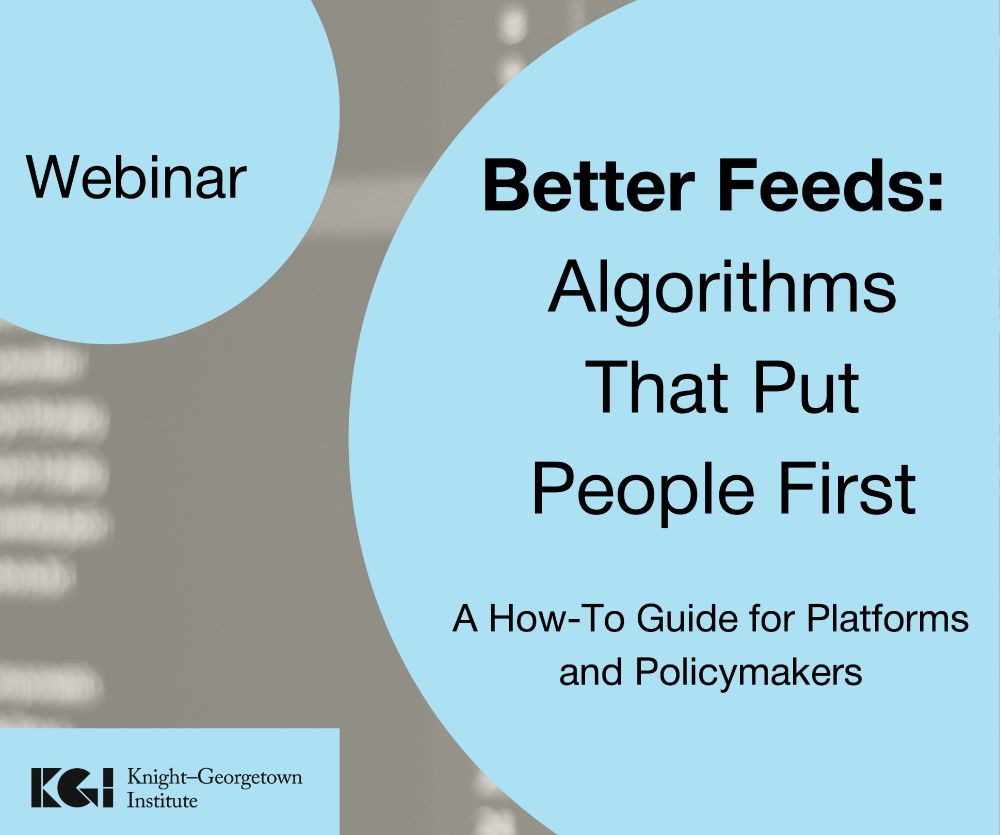
curia.europa.eu/juris/docume...
curia.europa.eu/juris/docume...

📗 *VLOPs - how big is your Polarization Footprint? Towards a metric to give EU citizens transparency about an online systemic risk driving conflict in our societies*
Connecting #polarizationfootprint concept to systemic risk framework of Digital Services Act (#DSA)

📗 *VLOPs - how big is your Polarization Footprint? Towards a metric to give EU citizens transparency about an online systemic risk driving conflict in our societies*
Connecting #polarizationfootprint concept to systemic risk framework of Digital Services Act (#DSA)
Using nationally representative ANES data from 2020 & 2024, I map how the U.S. social media landscape has transformed.
Here are the key take-aways 🧵
arxiv.org/abs/2510.25417

Using nationally representative ANES data from 2020 & 2024, I map how the U.S. social media landscape has transformed.
Here are the key take-aways 🧵
arxiv.org/abs/2510.25417
greenearthsocial.substack.com/p/introducin...

greenearthsocial.substack.com/p/introducin...
We have been incredibly naive in entrusting our democratic space to social networks.”
defenddemocracy.eu/macron-democ...

Join my team as a computer scientist / computational social scientist working on LLMs, social media, and politics.
We offer freedom, impact, and an inspiring environment at one of Europe's leading universities.
🔗 werkenbij.uva.nl/en/vacancies...

Join my team as a computer scientist / computational social scientist working on LLMs, social media, and politics.
We offer freedom, impact, and an inspiring environment at one of Europe's leading universities.
🔗 werkenbij.uva.nl/en/vacancies...
1️⃣ Algorithms curate what we see (“filter bubbles”)
2️⃣ People choose like-minded peers (“selective exposure”)
Our new study suggests something surprising:
both explanations might be wrong. 🧵
arxiv.org/abs/2508.10466

1️⃣ Algorithms curate what we see (“filter bubbles”)
2️⃣ People choose like-minded peers (“selective exposure”)
Our new study suggests something surprising:
both explanations might be wrong. 🧵
arxiv.org/abs/2508.10466
Glad to be part of a larger team now moving beyond those thin theories towards thicker ones.

Glad to be part of a larger team now moving beyond those thin theories towards thicker ones.
@naomishiffman.bsky.social, and @jbakcoleman.bsky.social!
@naomishiffman.bsky.social, and @jbakcoleman.bsky.social!
ci.acm.org/2025/
ci.acm.org/2025/
Often our tech policy interventions operate from linear, top-down assumptions that don't account for the complexity they seek to govern.
To dig into this I'm co-organizing a workshop at ACM CI 2025 with Jason Burton, Joe Bak-Coleman, + Naomi Shiffman. You should come!
ci-x-tp.github.io


Often our tech policy interventions operate from linear, top-down assumptions that don't account for the complexity they seek to govern.
To dig into this I'm co-organizing a workshop at ACM CI 2025 with Jason Burton, Joe Bak-Coleman, + Naomi Shiffman. You should come!
ci-x-tp.github.io
https://howtobuildpeace.org/attend-the-conference/register/
https://howtobuildpeace.org/attend-the-conference/register/

@columbiauniversity.bsky.social & online. Hosted with Senior AI Advisor @sethlazar.org. Co-sponsored by the Knight Institute & @columbiaseas.bsky.social. Panel info in 🧵. RSVP: knightcolumbia.org/events/artif...

@columbiauniversity.bsky.social & online. Hosted with Senior AI Advisor @sethlazar.org. Co-sponsored by the Knight Institute & @columbiaseas.bsky.social. Panel info in 🧵. RSVP: knightcolumbia.org/events/artif...
https://connectedbydata.org/blog/2025/03/05/participatory-digital-governance
https://connectedbydata.org/blog/2025/03/05/participatory-digital-governance
Looking forward to seeing these kinds of technologies mature!
Looking forward to seeing these kinds of technologies mature!
arxiv.org/abs/2503.01769

arxiv.org/abs/2503.01769
You might have heard of the "Habermas Machine", an AI-human pipeline that is really good at finding common ground between ideologically diverse groups, at least in lab settings.
But can this kind of approach help in real world conflicts?

You might have heard of the "Habermas Machine", an AI-human pipeline that is really good at finding common ground between ideologically diverse groups, at least in lab settings.
But can this kind of approach help in real world conflicts?
Read the full paper here: www.arxiv.org/abs/2502.10834

Read the full paper here: www.arxiv.org/abs/2502.10834
We're finding all the ways people distinguish between "good conflict" and "bad conflict" — but we need help, so we're hosting a workshop! You should come!
https://forms.gle/BKxziu8zbZ1oZZqU8
We're finding all the ways people distinguish between "good conflict" and "bad conflict" — but we need help, so we're hosting a workshop! You should come!
https://forms.gle/BKxziu8zbZ1oZZqU8

